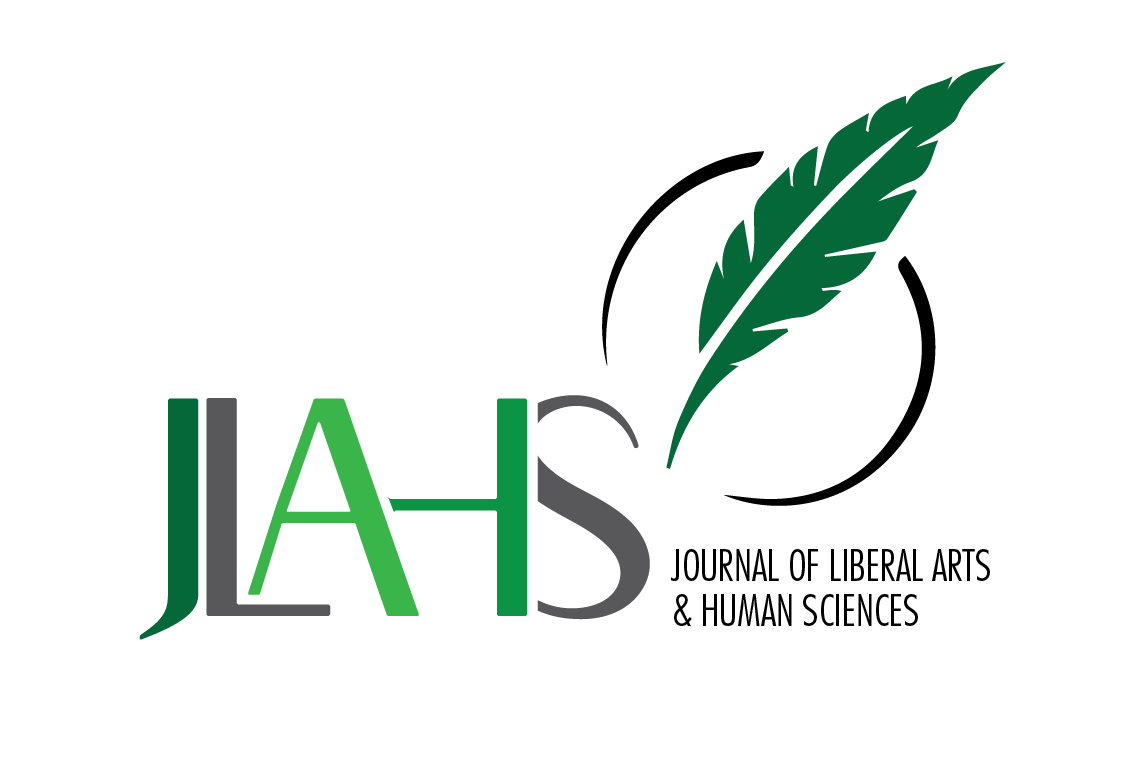Introduction
The review process is an integral part of JLAHS as it assists the editor in making an informed decision regarding the publication of a manuscript. It also helps the author in improving their work.
Before accepting to review a manuscript, we encourage reviewers to ensure that:
- The manuscript assigned to them is within their area of expertise
- They have the adequate time required to conduct a thorough and critical review of the manuscript
Conflict of Interest
Conflict of Interest occurs when there is a divergence between a person’s personal interests and their academic and publishing responsibilities. Prior to the review process, the reviewers must let the editor know if they have any Conflict of Interest.
Confidentiality
Manuscripts are given to a reviewer solely for the purpose of critical review and evaluation. Reviewers must ensure that the contents of the manuscript remain confidential during and after the peer review process.
Plagiarism
Manuscripts submitted for peer-review are the original work of the author. It is unethical of the reviewer to use the data/information collected from the manuscript for their own use or for the use of others.
Fairness
Reviews to be unbiased, non-discriminatory and must not be influenced by the origin of the manuscript, gender, race, ethnicity, religion, political affiliation, citizenship and cultural association of the author(s).
Review Reports
When reviewing the manuscript, the reviewers must focus on the originality, clarity, language, depth of research and contribution to the overall field of research. The reviewers should base their decision on constructive arguments based on the content of the manuscript.
Reviewers can either:
- Accept a manuscript with no changes
- Recommend minor corrections
- Recommend major revision
- Reject
